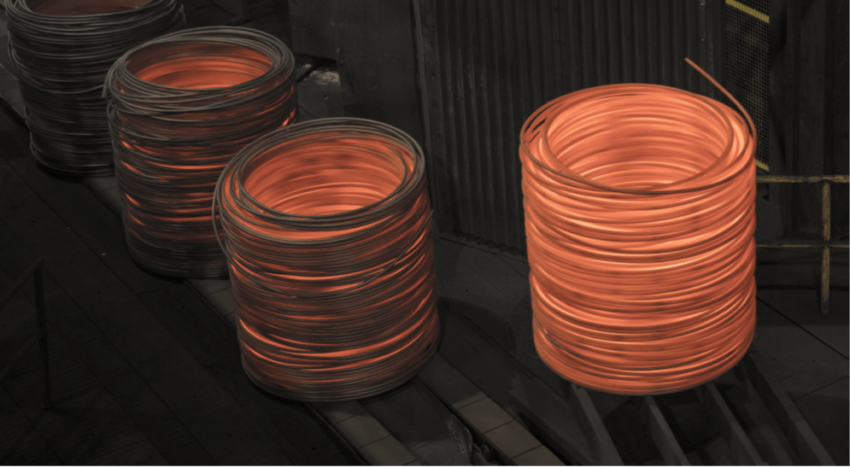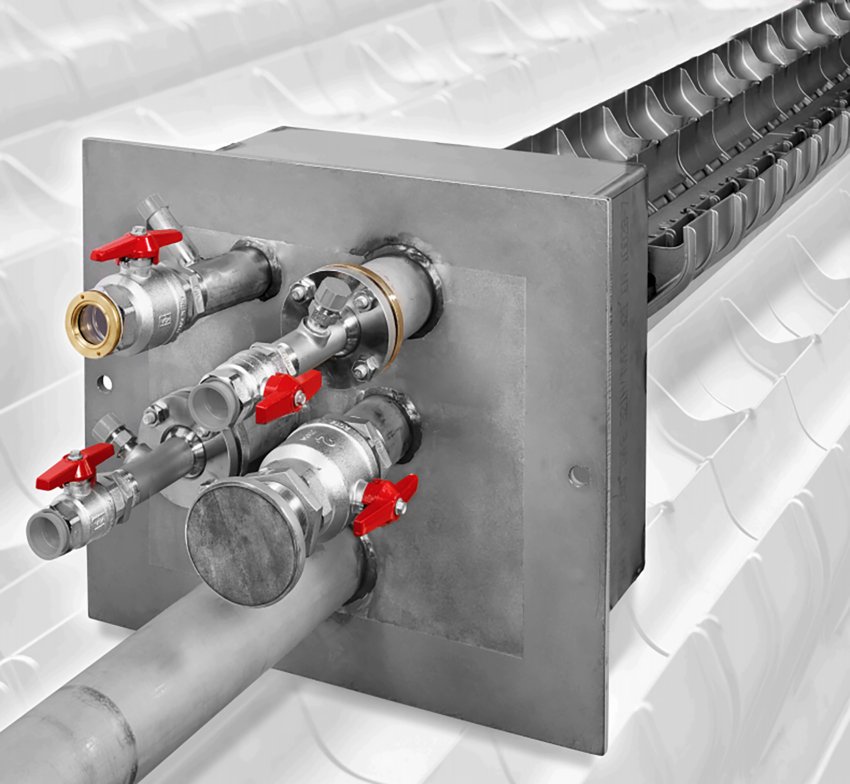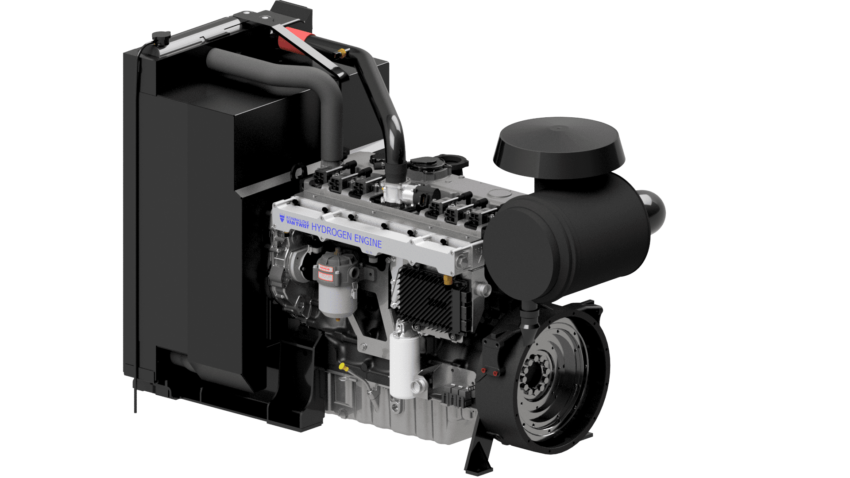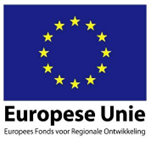Application study: scalable production of electrocatalytic membranes
VSParticle: fewer metals, more hydrogen production rate
Green hydrogen is one of the sustainable solutions to meet climate goals. Electro-catalytic membranes are a key component for realising green hydrogen. These membranes are coated with nanoparticles that allow us to efficiently produce hydrogen from (renewable) electricity (electrolysis). However, the current production method requires a large amount of iridium, a scarce and expensive metal. VSParticle, a spin-out from TU Delft, has developed a production process that uses metals more efficiently while increasing production speed.
With current technology, it is not going to be possible to produce in time all the electrolyzers so badly needed for the energy transition. VSParticle has been helping researchers produce nanoparticles since 2014. By realising a better production process, the Netherlands not only establishes itself as one of the frontrunners in new hydrogen technology, but also ensures that the Dutch manufacturing industry will have an important role in the new hydrogen economy.
VSParticle's technology is not only applied for the production of green hydrogen. It is also of interest for converting hydrogen to electricity (fuel cells) and converting CO2 into useful raw materials for industry (e.g. ethylene, a raw material for plastics). For both, metals other than iridium are used, but with VSParticle's technology they are also used more efficiently. The starting point is to make production processes requiring (scarce) metals cheaper
Three benefits of this innovation:
A better product, so ultimately more yield
Because no liquids or chemicals are used, the process is not only more sustainable but also produces a higher-quality product.
Membrane production gets cheaper
More sustainable and responsible use of scarce metals
Second test phase
In late 2020, VSParticle produced the first membranes using this new process. DIFFER tested these on a small scale. This showed that the use of iridium could be reduced by a factor of 5. To get this new and improved production process to market quickly, many more tests are needed. To this end, VSParticle is developing the membranes and TNO (on behalf of the Fieldlab Industrial Electrification) and DIFFER are testing them for three applications:
- Electrolyzers for producing green hydrogen
- Electrolyzers for converting CO2 in useful raw materials
- Fuel cells
The tests are being done at TNO in Delft and at DIFFER in Eindhoven. The aim is to validate that VSParticle's technology has great advantages in the production process of catalyst-layer membranes.
Next steps
VSParticle is scaling up production capacity during these tests. The next step is then to test the new production method together with potential end users, for example in the Fieldlab Industrial Electrification. We also want to test new applications, such as the production of sustainable ammonia based on green energy.
Who is interested?
- Potential customers: builders of fuel cells or electrolyzers
- Stack builders
- Manufacturers of catalyst-layer membranes
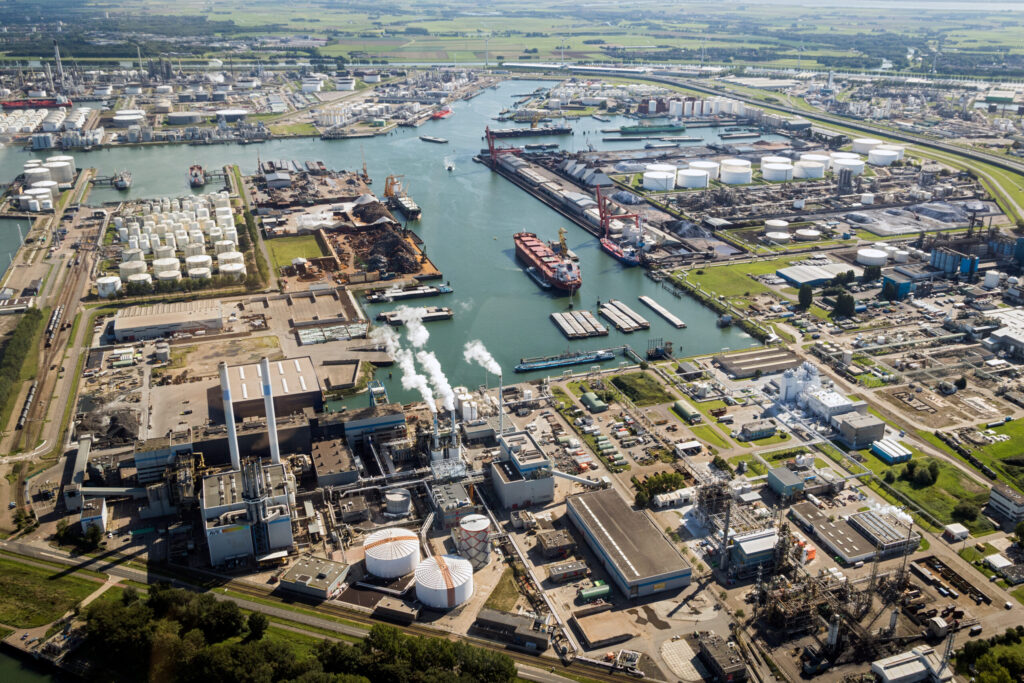
About FLIE
FLIE is a joint initiative of Deltalinqs, FME, Port of Rotterdam, InnovationQuarter and TNO and is closely supported by the Province of South Holland, the Municipality of Rotterdam and the ERDF grant.
Does your organisation have sustainability ambitions and would you like to explore the possibilities of electrification? Or do you provide an electrification solution and would you like to get in touch with end users and other important stakeholders? Then contact us. We will be happy to help you!
